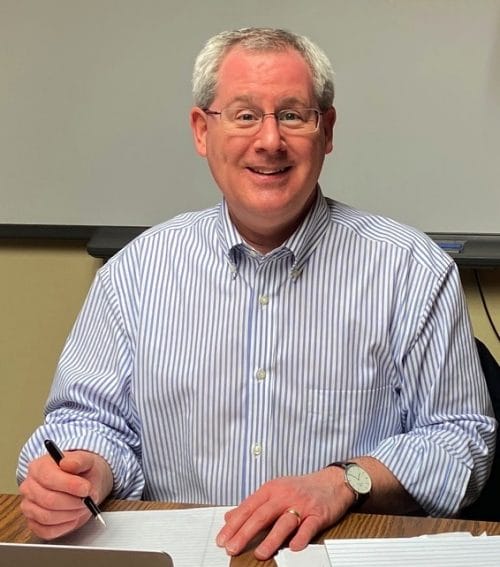Every June 1st, it is National Cancer Survivor Day. One day each year. But, every day, someone is either given the diagnosis of or is undergoing treatment for it. Cancer affects many people. You may know someone.
The American Cancer Society estimates there are approximately 14.5 million cancer survivors in the U.S. This number is expected to grow to approximately 19 million people in the next 10 years. It is estimated that 1,340,400 less people over the past 20 years died of cancer. This is wonderful news! Public education, screening and new cancer treatments have made this possible. As a blood (Hematology) and cancer (Oncology) specialist, I have witnessed the remarkable progress that has been made in cancer care. And, I have seen, and still do see, many remarkable people who are cancer survivors.
The old way of defining cancer survivorship is when someone has been cured of his or her disease. The new way of recognizing cancer survivorship is to understand that it encompasses not only those people who are years away from their cancer treatment (and have been cured), but also anyone either who is undergoing cancer treatment or who has advanced stage cancer that is being treated for long-term control.
As more and more people benefit from cancer treatment, the continuum of care for them starts with the cancer diagnosis and its treatment (to increase quantity of life), and extends into the long-term care to keep them as healthy as is possible (to improve quality of life). There are many people who I see in my office, but for whom I no longer have to administer chemotherapy or other treatments. Instead, I provide health maintenance care. Seeing a cancer doctor no longer stops at an arbitrary point in time (such as five years of no cancer recurrence). The care is ongoing.
We all know that cancer treatments have short-term side effects. No medical treatment is risk-free, although cancer treatments are less toxic than they used to be and there are many great supportive care resources we can use. What you may not know is that cancer treatments can have long-term side effects. Some side effects that occur during treatment can remain for extended periods of time, such as problems with the nerves of the hands or feet. Other side effects can occur years later in a delayed manner, such as heart disease.
For cancer survivors, these are real issues.
Some of the survivorship issues addressed include cancer treatment effects on the heart, lungs, bowels, kidneys, liver, bones, mouth/throat, and nerves; changes with memory and thinking; functional and occupational abilities; emotional concerns such as fear of cancer recurrence; fatigue; pain; swelling of the arms or legs; and infertility, loss of libido, or changes in sexual function.
People who have had a cancer are at risk for the cancer coming back, but they are also at risk for a second cancer. For example, a cigarette smoker who has been treated for lung cancer is not only at risk for a second lung cancer to occur, due to the effects of the cigarette smoke on the entire lungs, but also at risk for a different cancer to occur elsewhere in the body, because cigarette smoking affects the entire body. It is one of the reasons why doctor follow up visits continue long after the treatment has stopped. We want to catch early any cancer recurrence or secondary cancer so it can be treated. We also want people to have good qualities of life.
Cancer survivorship is part of the care provided by those of us who are cancer specialists. It is a team approach that requires coordination with primary care and family practice physicians, other specialists, nutritionists, physical and occupational therapists, and counselors. It involves active participation by a cancer survivor. It requires help and support from family and friends.
Over the years, cancer care indeed have been improving. The pace of progress is a renaissance of new ideas, findings, and treatments. More and more people are cured of their cancer or are long-term survivors of advanced stage cancer. Resources are available, and new resources are being developed, not just to help people through their cancer treatments, but also to help people be healthy cancer survivors.
Contact me at the New London Cancer Center (860-443-4455 or www.NewLondonCancerCenter.com) or the American Cancer Society (1-800-227-2345 or www.cancer.org).
Dr. Jeffrey A. Gordon is Board Certified in Hematology and Medical Oncology. He works at the New London Cancer Center in Waterford and is on the Medical Staff of Lawrence & Memorial Hospital in New London, where he is a Medical Staff Officer.

